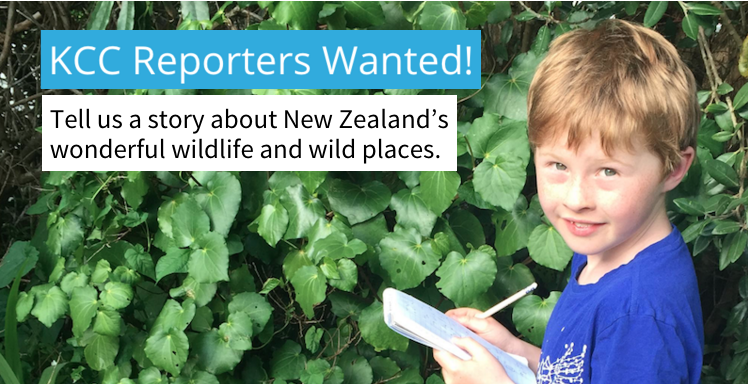Beaked whales are the largest family of whales after dolphins, yet little is known about them. They’re seldom seen at sea, and some species are known only from skeletal remains found on beaches. 13 species are recorded from New Zealand.
The “world’s rarest whale” – or at least the least known whale the spade-toothed whale Mesoplodon traversii belongs to the genus Mesoplodon (meaning ‘armed with a tooth in the middle of the jaw’). These teeth only erupt (come up through the gum) as tusk teeth in males, meaning that females of the species may appear to have no teeth at all. The tusk teeth have proven useful for us to tell the different species apart. The spade-tooth whale is known from only 5 specimens worldwide, four of which are from New Zealand. The first record was simply the lower jaw and two tusk teeth collected in 1872 from Pitt Island in the Chatham Islands By Henry H. Travers.

Illustration: Anton van Helden







